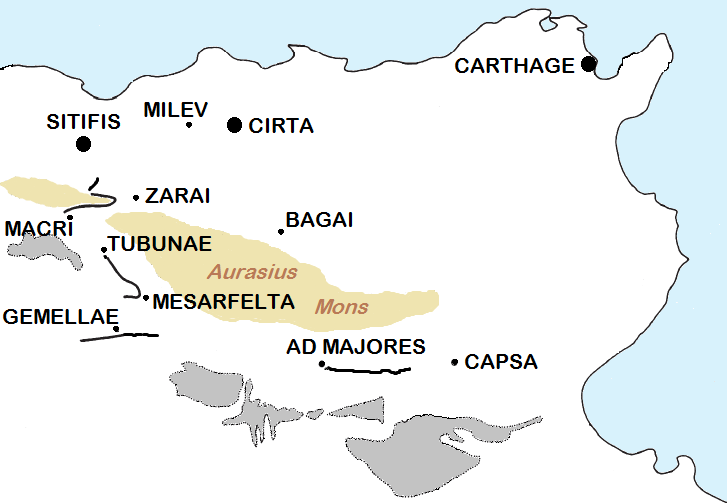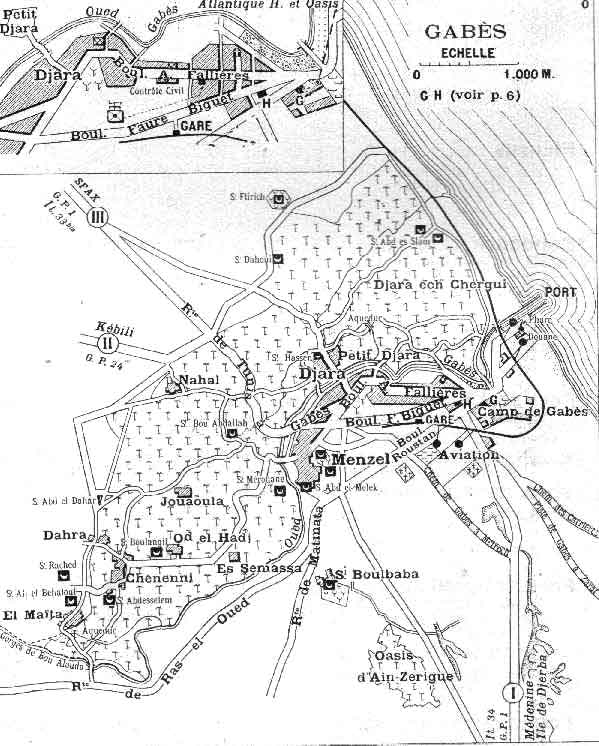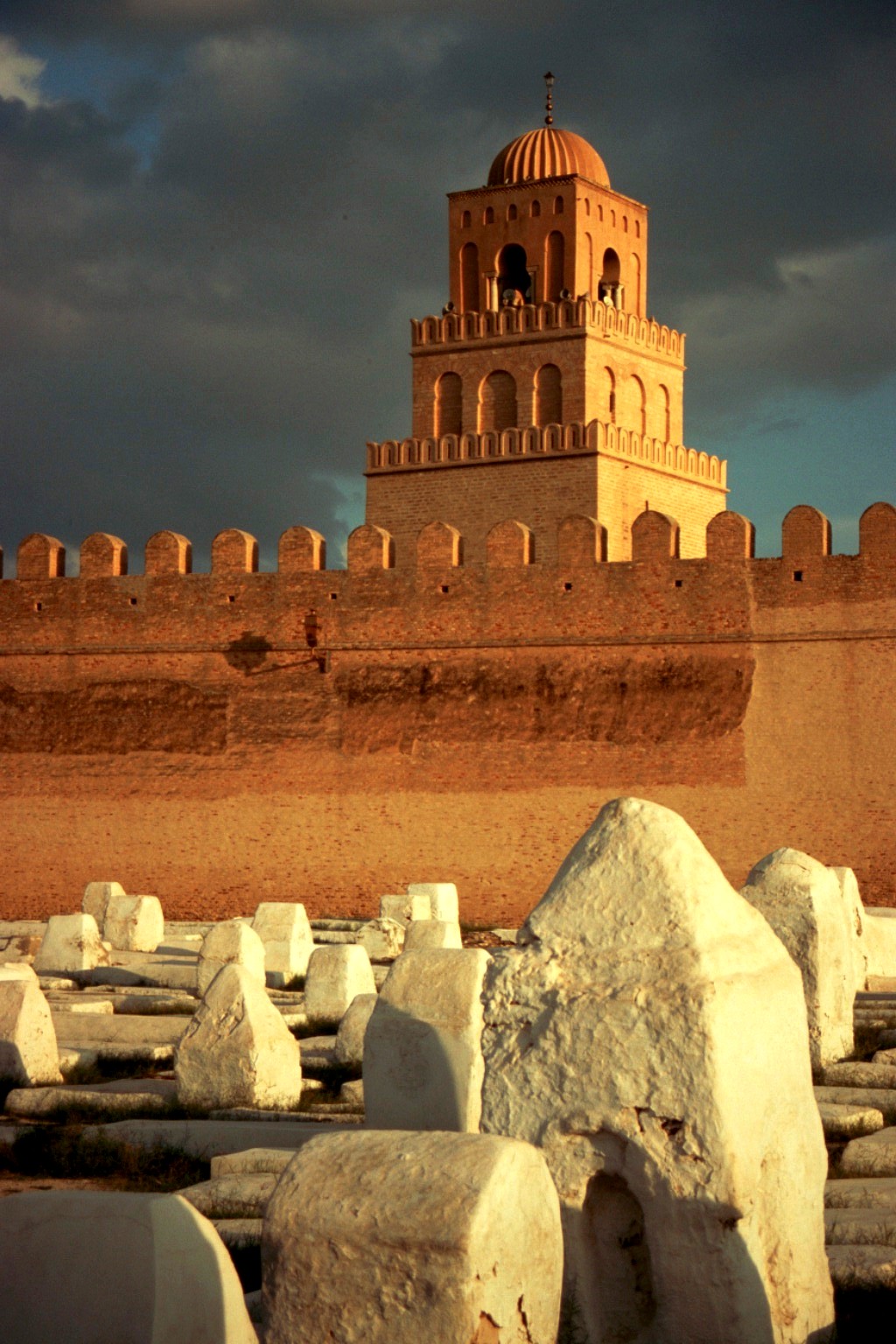|
Al-Maziri
Muhammad ibn Ali ibn Omar ibn Muhammad al-Tamimi al-Maziri () (1061 – 1141 CE) (453 AH – 536 AH ), simply known as Al-Maziri or as Imam al-Maziri and Imam al-Mazari, was an important Arab Muslim jurist in the Maliki school of Sunni Islamic Law. He was one of the most important figures in the school and his opinions are well known and respected to this day. Al-Maziri was one of four jurists whose positions were held as authoritative by Khalil ibn Ishaq in his Mukhtassar, which is the most important of the later texts in the relied upon positions of the school. It is for this reason that he is referred to simply as ''al-Imam'' (the Imam) within the Maliki school. Early life Al-Maziri was described as a member of the tribe of Banu Tamim. There is a difference of opinion as to where Muhammad al-Maziri was born. Many sources state his place of birth as Mazara (modern day Mazara del Vallo) on the Western Sicilian coast. Others state that he was born in Mahdia, the Tunisian cit ... [...More Info...] [...Related Items...] OR: [Wikipedia] [Google] [Baidu] |
Abu Al-Hassan Al-Lakhmi
Abu al-Hassan Ali ibn Muhammad Al-Qayrawani Al-Rab'i Al-Lakhmi (Arabic: أبو الحسن علي بن محمد القيرواني الربعي اللخمي), also known as Imam al-Lakhmi (c. 1006 – 1085 CE) (390 AH – 478 AH ), was a famous jurist in the Maliki school of Sunni Islamic Law. His nisba indicates that he is from the Arab tribes of Banu Lakhm The Banu Lakhm () was an Arab tribe best known for its ruling Nasrid, or more commonly, 'Lakhmid', house, which ruled as the Sasanian Empire's vassal kings in the buffer zone with the nomadic Arab tribes of northern and eastern Arabia in the 4th� .... He was one of the most important figures in the school and his opinions are still well known and respected to this day. Al-Lakhmi was one of four jurists whose positions were held as authoritative by Khalil ibn Ishaq in his Mukhtassar (one of the most important of the later texts in the relied upon positions of the school). Biography Al-Lakhmi was born in Qayrawan and sp ... [...More Info...] [...Related Items...] OR: [Wikipedia] [Google] [Baidu] |
Islam
Islam is an Abrahamic religions, Abrahamic monotheistic religion based on the Quran, and the teachings of Muhammad. Adherents of Islam are called Muslims, who are estimated to number Islam by country, 2 billion worldwide and are the world's Major religious groups, second-largest religious population after Christians. Muslims believe that Islam is the complete and universal version of a Fitra, primordial faith that was revealed many times through earlier Prophets and messengers in Islam, prophets and messengers, including Adam in Islam, Adam, Noah in Islam, Noah, Abraham in Islam, Abraham, Moses in Islam, Moses, and Jesus in Islam, Jesus. Muslims consider the Quran to be the verbatim word of God in Islam, God and the unaltered, final revelation. Alongside the Quran, Muslims also believe in previous Islamic holy books, revelations, such as the Torah in Islam, Tawrat (the Torah), the Zabur (Psalms), and the Gospel in Islam, Injil (Gospel). They believe that Muhammad in Islam ... [...More Info...] [...Related Items...] OR: [Wikipedia] [Google] [Baidu] |
Banu Tamim
The Banū Tamīm () are an Arab tribe that originated in Najd and Hejaz in the Arabian Peninsula. It is mainly present in Saudi Arabia, Qatar, Kuwait, Iraq, Oman, Jordan and Lebanon, and has a strong presence in Algeria, and Morocco, Palestine, Tunisia, and Libya. It is also present in many other parts of the Middle East and North Africa region such as Egypt and Khuzestan in Iran. The word ''Tamim'' in Arabic means strong and solid. It can also mean those who strive for perfection. History and origin The traditional family tree of the Banu Tamim is as follows: Tamim ibn Murr ibn 'Udd ibn Amr ibn Ilyas ibn Mudar bin Nizar bin Ma'add bin Adnan - a direct descendant of Isma'il bin Ibrahim (Ishmael, son of Abraham). The Banu Tamim are one of the largest tribes of Arabia. The tribe occupied numerous Wadis and villages in central and eastern Arabia in the 6th century before playing an important role in the beginning of Islam. They came into contact with Muhammad in the 8th year ... [...More Info...] [...Related Items...] OR: [Wikipedia] [Google] [Baidu] |
Alexandria
Alexandria ( ; ) is the List of cities and towns in Egypt#Largest cities, second largest city in Egypt and the List of coastal settlements of the Mediterranean Sea, largest city on the Mediterranean coast. It lies at the western edge of the Nile Delta, Nile River delta. Founded in 331 BC by Alexander the Great, Alexandria grew rapidly and became a major centre of Hellenic civilisation, eventually replacing Memphis, Egypt, Memphis, in present-day Greater Cairo, as Egypt's capital. Called the "Bride of the Mediterranean" and "Pearl of the Mediterranean Coast" internationally, Alexandria is a popular tourist destination and an important industrial centre due to its natural gas and petroleum, oil pipeline transport, pipelines from Suez. The city extends about along the northern coast of Egypt and is the largest city on the Mediterranean, the List of cities and towns in Egypt#Largest cities, second-largest in Egypt (after Cairo), the List of largest cities in the Arab world, fourth- ... [...More Info...] [...Related Items...] OR: [Wikipedia] [Google] [Baidu] |
Tripoli, Libya
Tripoli, historically known as Tripoli-of-the-West, is the capital city, capital and largest city of Libya, with a population of about 1.317 million people in 2021. It is located in the northwest of Libya on the edge of the desert, on a point of rocky land projecting into the Mediterranean Sea and forming a bay. It includes the port of Tripoli and the country's largest commercial and manufacturing center. It is also the site of the University of Tripoli. Tripoli was founded in the 7th century BC by the Phoenicians, who gave it the Libyco-Berber name (), before passing into the hands of the Greek rulers of Cyrenaica as Oea (). Due to the city's long history, there are many sites of archeological significance in Tripoli. ''Tripoli'' may also refer to the (top-level administrative division in the Libyan system), the Tripoli District, Libya, Tripoli District. Name In the Arab world, Tripoli is also known as "Tripoli-of-the-West" (), to distinguish it from Tripoli, Lebanon, known ... [...More Info...] [...Related Items...] OR: [Wikipedia] [Google] [Baidu] |
Gafsa
Gafsa (; ; ') is the capital of Gafsa Governorate in Tunisia. With a population of 120,739, Gafsa is the ninth-largest Tunisian city and is 335 km from the country's capital, Tunis. Overview Gafsa is the capital of Gafsa Governorate, in southwestern Tunisia and is both a historical oasis and the home to the mining industry of Tunisia. The city had 111,170 inhabitants at the 2014 census, under the rule of the mayor, Helmi Belhani. Lying by road southwest of the country's capital, Tunis, Gafsa has its geographical coordinates . History Ancient history Excavations at prehistoric sites in the Gafsa area have yielded artefacts and skeletal remains associated with the Capsian culture. This Mesolithic civilisation has been radiocarbon dated to between 10,000 and 6,000 BCE. The associated ancient population, known as the ''Snail eaters'', are known for their extensive middens of snail shells. They are believed to be the ancestors of the modern Berbers. The city was origin ... [...More Info...] [...Related Items...] OR: [Wikipedia] [Google] [Baidu] |
Gabès
Gabès (, ; ), also spelled Cabès, Cabes, and Kabes, is the capital of the Gabès Governorate in Tunisia. Situated on the coast of the Gulf of Gabès, the city has a population of 167,863, making it the 6th largest city in Tunisia. Located 327 km southeast of Tunis and 113 km from Sfax, Gabès lies at the delta of the Wadi Qabis, which originates 10 kilometers upstream at Ras El Oued, Algeria, Ras al-Oued and serves as its primary water source. Historically, the town was a Ancient Carthage, Carthaginian settlement known as Tacapae before falling under Roman Empire, Roman control. It was later ruined during the 7th-century Arab invasion but was recovered by Sidi Boulbaba, a revered companion of the Muhammad, Prophet Muhammad and a patron of the town. Although it experienced decline under the Ottoman Empire, Ottomans, Gabès saw significant growth under French rule from 1881 to 1955, with the development of key infrastructure, including a railway, road network, and port. During ... [...More Info...] [...Related Items...] OR: [Wikipedia] [Google] [Baidu] |
Tunis
Tunis (, ') is the capital city, capital and largest city of Tunisia. The greater metropolitan area of Tunis, often referred to as "Grand Tunis", has about 2,700,000 inhabitants. , it is the third-largest city in the Maghreb region (after Casablanca and Algiers) and the List of largest cities in the Arab world, eleventh-largest in the Arab world. Situated on the Gulf of Tunis, behind the Lake of Tunis and the port of La Goulette (Ḥalq il-Wād), the city extends along the coastal plain and the hills that surround it. At its core lies the Medina of Tunis, Medina, a World Heritage Site. East of the Medina, through the Sea Gate (also known as the ''Bab el Bhar'' and the ''Porte de France''), begins the modern part of the city called "Ville Nouvelle", traversed by the grand Avenue Habib Bourguiba (often referred to by media and travel guides as "the Tunisian Champs-Élysées"), where the colonial-era buildings provide a clear contrast to smaller, older structures. Further east by th ... [...More Info...] [...Related Items...] OR: [Wikipedia] [Google] [Baidu] |
Fatwa
A fatwa (; ; ; ) is a legal ruling on a point of Islamic law (sharia) given by a qualified Islamic jurist ('' faqih'') in response to a question posed by a private individual, judge or government. A jurist issuing fatwas is called a ''mufti'', and the act of issuing fatwas is called ''ifta. Fatwas have played an important role throughout Islamic history, taking on new forms in the modern era. Resembling ''jus respondendi'' in Roman law and rabbinic ''responsa'', privately issued fatwas historically served to inform Muslim populations about Islam, advise courts on difficult points of Islamic law, and elaborate substantive law. In later times, public and political fatwas were issued to take a stand on doctrinal controversies, legitimize government policies or articulate grievances of the population. During the era of mass European/Christian invasions, fatwas played a part in mobilizing resistance against foreign aggressors. Muftis acted as independent scholars in the classical ... [...More Info...] [...Related Items...] OR: [Wikipedia] [Google] [Baidu] |
Kairouan
Kairouan (, ), also spelled El Qayrawān or Kairwan ( , ), is the capital of the Kairouan Governorate in Tunisia and a UNESCO World Heritage Site. The city was founded by the Umayyads around 670, in the period of Caliph Mu'awiya (reigned 661–680); this is when it became an important centre for Sunni Islamic scholarship and Quranic learning, attracting Muslims from various parts of the world. The Mosque of Uqba is situated in the city.Europa Publications "General Survey: Holy Places" ''The Middle East and North Africa 2003'', p. 147. Routledge, 2003. . "The city is regarded as a holy place for Muslims." Etymology The name ( ''al-Qayrawān'') is an Arabic word meaning "military group" or "caravan", borrowed early on from the Middle Persian word ''kārawān'' (modern Persian ''kârvân''), meaning "military column" (''kâr'' "people/military" + ''vân'' "outpost") or " caravan" (see caravanserai). In Berber, the city used to be called ''Tikirwan'', thought to be an adaptatio ... [...More Info...] [...Related Items...] OR: [Wikipedia] [Google] [Baidu] |
Asad Ibn Al-Furat
Asad Ibn Al-Furat (; c.759 – c.828) was a Muslim jurist and theologian in Ifriqiya, who played an important role in the Arab conquest of Sicily. Biography His family, originally from Harran in Upper Mesopotamia, emigrated with him to Ifriqiya. Asad studied in Medina with Malik ibn Anas, the founder of the Malikite school, and in Kufa with a disciple of Abu Hanifa, the founder of the Hanafite tradition. He collected his views on religious law in the Asadiyya, which had great influence in Ifriqiya. After his return to Ifriqiya he became a judge in Kairouan, where he soon came into conflict with the Emir Ziyadat Allah I (817-838) after criticising his luxurious and impious lifestyle. In order to get rid of this unwelcome critic, Ziyadat appointed Asad the leader of an expedition to Byzantine Sicily. In 827 Asad landed with a force of Arabs in Sicily and following a defeat of Byzantine troops proceeded to besiege Syracuse. However, the city could not be taken and Asad soon died ... [...More Info...] [...Related Items...] OR: [Wikipedia] [Google] [Baidu] |
Uqba Ibn Nafi
ʿUqba ibn Nāfiʿ ibn ʿAbd al-Qays al-Fihrī al-Qurashī (), also simply known as Uqba ibn Nafi (622 – 683), was an Arab general serving the Rashidun Caliphate since the reign of Umar and later the Umayyad Caliphate during the reigns of Mu'awiya I and Yazid I, leading the Muslim conquest of the Maghreb, including present-day Libya, Tunisia, Algeria and Morocco and a failed attempt in Nubia. He is credited with establishing Umayyad rule in North Africa. Uqba was the nephew of Amr ibn al-As. He is often surnamed al-Fihri in reference to the Banu Fihr, a clan connected to the Quraysh. His descendants would be known as the ʿUqbids or Fihrids. Biography Uqba was born in 622. As a general of the Rashidun Caliphate, Uqba accompanied Amr ibn al-As in his initial capture of cities in the Maghreb starting with Barqa, then proceeding to Tripolitania in 644. Upon conquering Cyrenaica in 642 or 643, Amr ibn al-As fixed the jizyah to be paid by its Berber tribes at 13,000 dinars. Afte ... [...More Info...] [...Related Items...] OR: [Wikipedia] [Google] [Baidu] |






